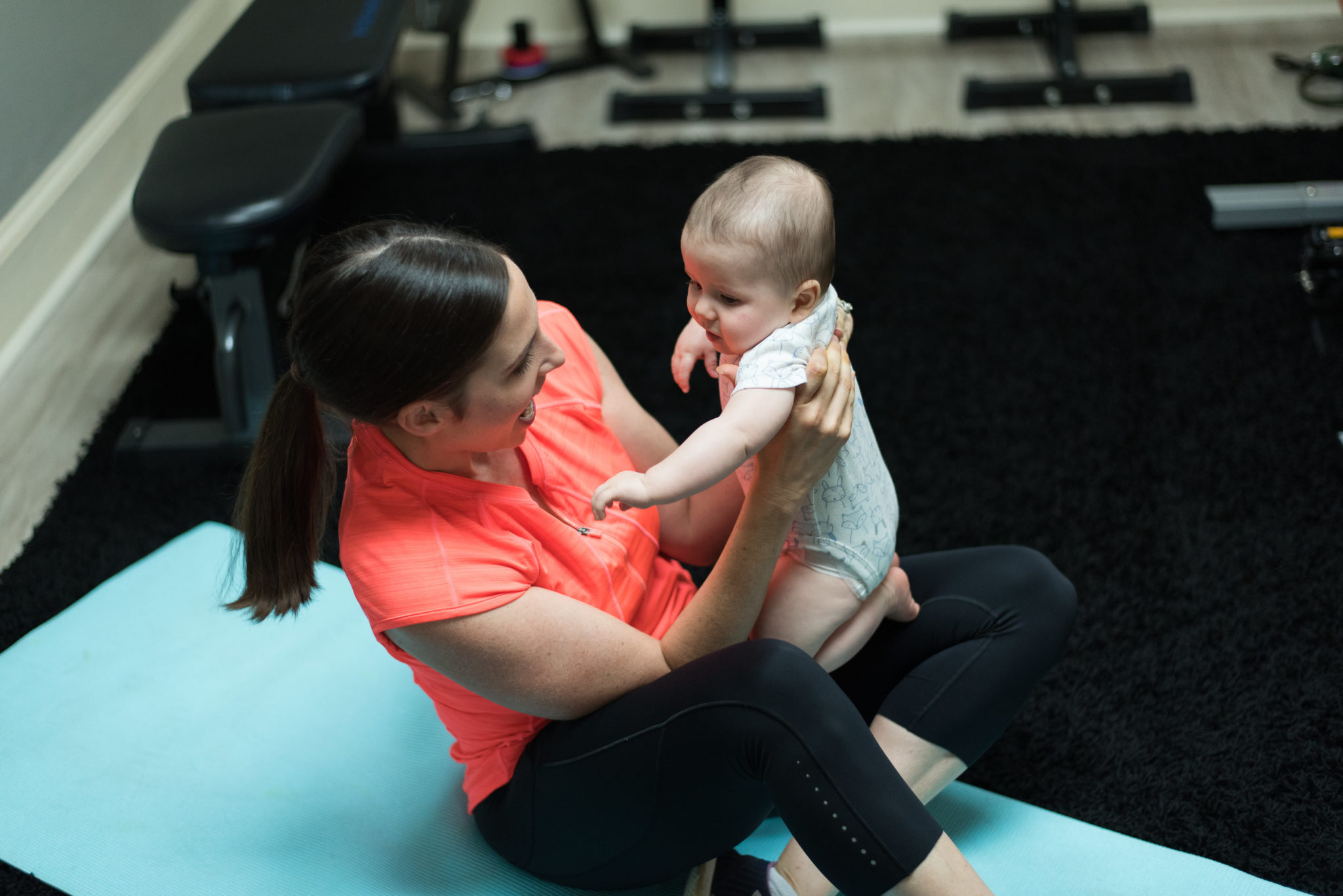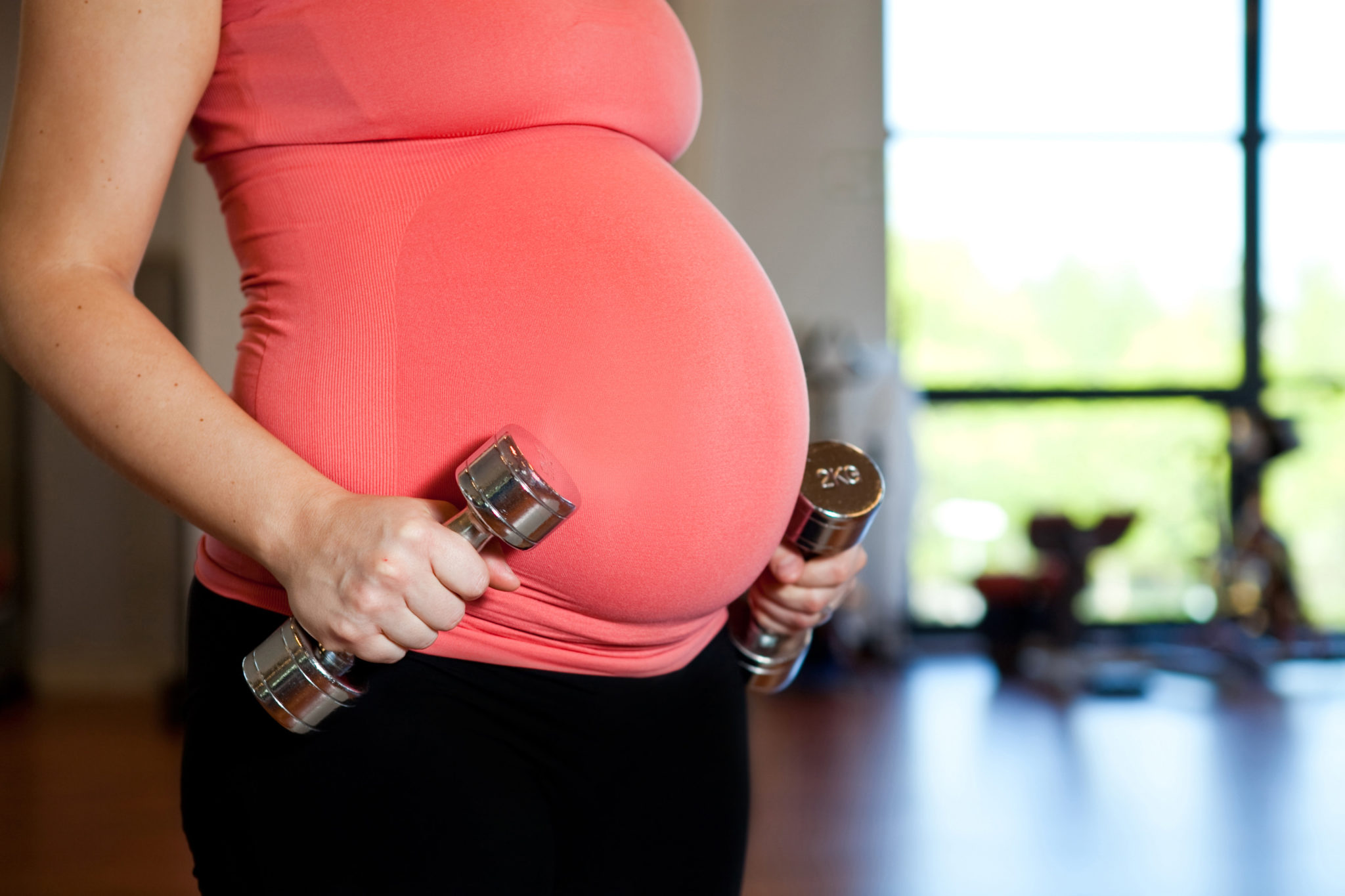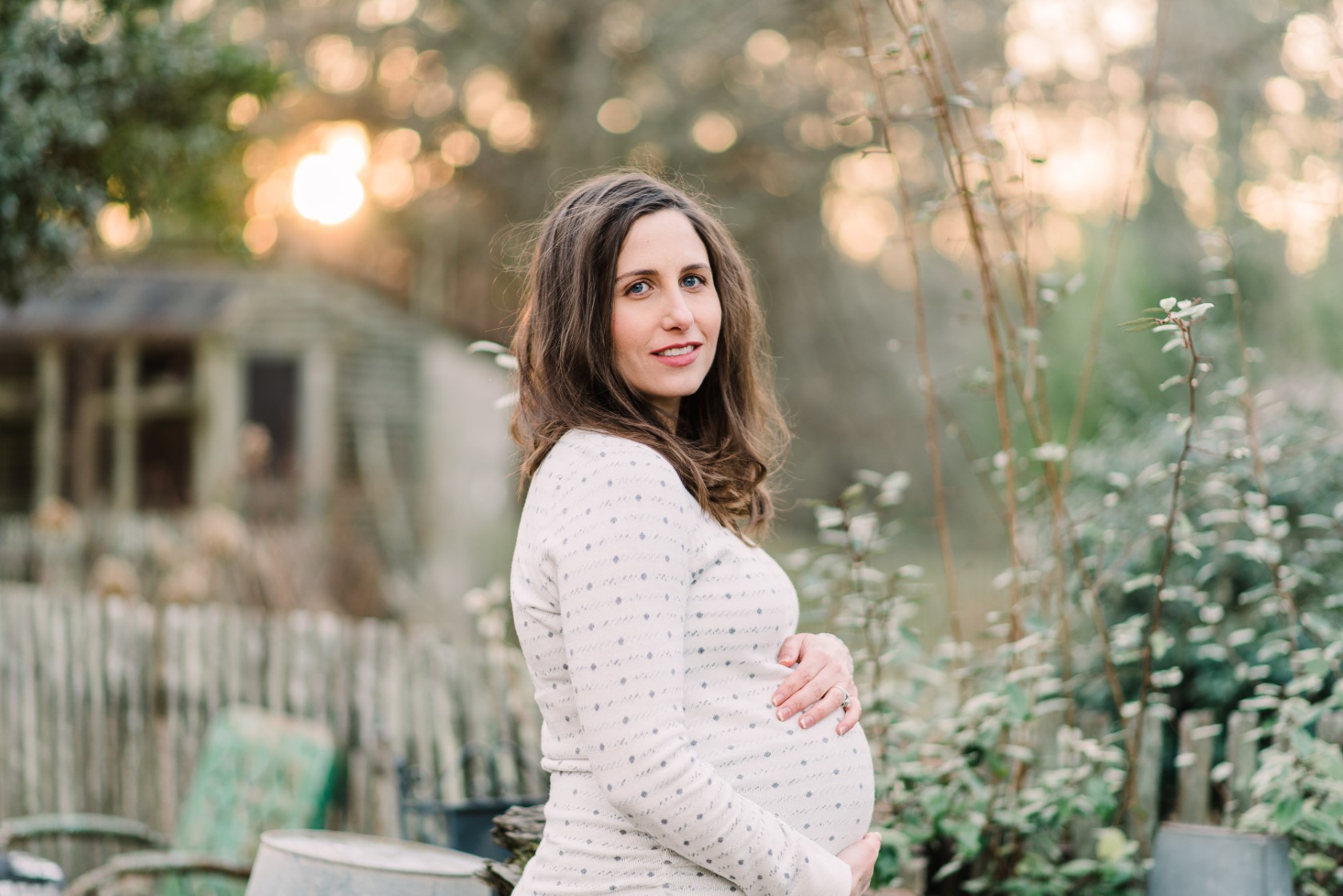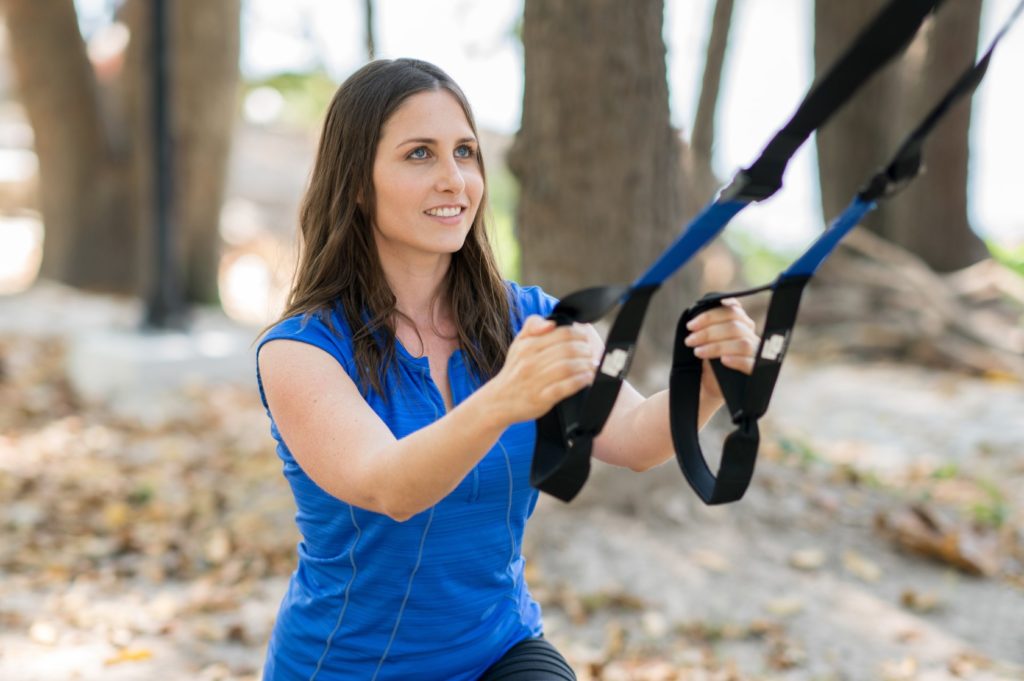After bringing home that bundle of joy it’s important to remember that you still have PCOS. With the urgency
That is a huge mistake.
When we brought home Mac, I knew that the healthy habits that helped me conceive naturally, and have an easy pregnancy would be put to the test. But I was not about to let my PCOS friendly lifestyle fly out the window!
Why?
#1 I wanted to feel my very best so that I could enjoy every sweet, cuddly moment with my baby boy.
#2 PCOS will have an impact on my health for the rest of my life. I
Tips for Losing Baby Weight
- Prepare a stockpile of healthy PCOS freezer meals. Enlist the help of a friend and try to do this toward the end of your second trimester. Believe me, you will not want to be on your feet prepping meals at 35-weeks pregnant! I used the website Once a Month Meals to prep and freeze 5 weeks of instant pot dinners. I still use the site to help with meal prep.
- Learn the difference between sleep deprivation and hunger. Every new parent knows they will lose sleep. But did you know that sleep deprivation can cause you to crave junk food and sugar? If you find yourself craving unhealthy foods or feeling ravenous in between breakfast, lunch and dinner ask yourself if a nap would be more helpful than a candy bar. I found that 90% of my cravings could be soothed by a 10-20 minute power nap.
- Stay hydrated. If you are breastfeeding you will lose a lot of fluid each day. Dehydration can feel like hunger pangs and cause you to overeat. I made a habit of drinking water before and after each feeding.
- Take walks. Put that stroller to use ASAP. Walking is a gentle activity you can do even just a few days after giving birth. A daily walk can serve as a “place holder” in your schedule so you do not fall out of the habit of being physically active. Plus getting outside will reduce postpartum cabin fever and baby brain.
- Pay attention to your pelvic floor. Postpartum bladder issues, painful sex, low back pain, and belly bulge are all indications that you might have pelvic floor issues. If you are experiencing any of these problems talk to your doctor and please, do not start back with your old workout routine until you have been evaluated by a Pelvic Floor Physical Therapist.
- Create a baby-friendly workout space. The childcare center at your gym may not be suitable for your infant. And, frankly, I think getting to a gym on a regular basis is an unrealistic expectation for most new parents. Instead, invest in some home workout equipment and find a space in your house where you can work out and keep a baby swing or walker nearby. Your baby will love watching you workout! Mac laughs when I do mountain climbers and now he claps when he sees me set up my suspension trainer.
My Story
I was back at my pre-pregnancy weight 10 weeks after giving birth.
The day I walked (waddled) into the maternity ward to deliver Mac I had put on 27 pounds which
Even though the extra baby weight was gone after 10 weeks, it took time for my body to recover. I had a few lumps and bumps that took some time to smooth out. Plus it has taken over a year for me to feel like I can perform most exercises with good form.
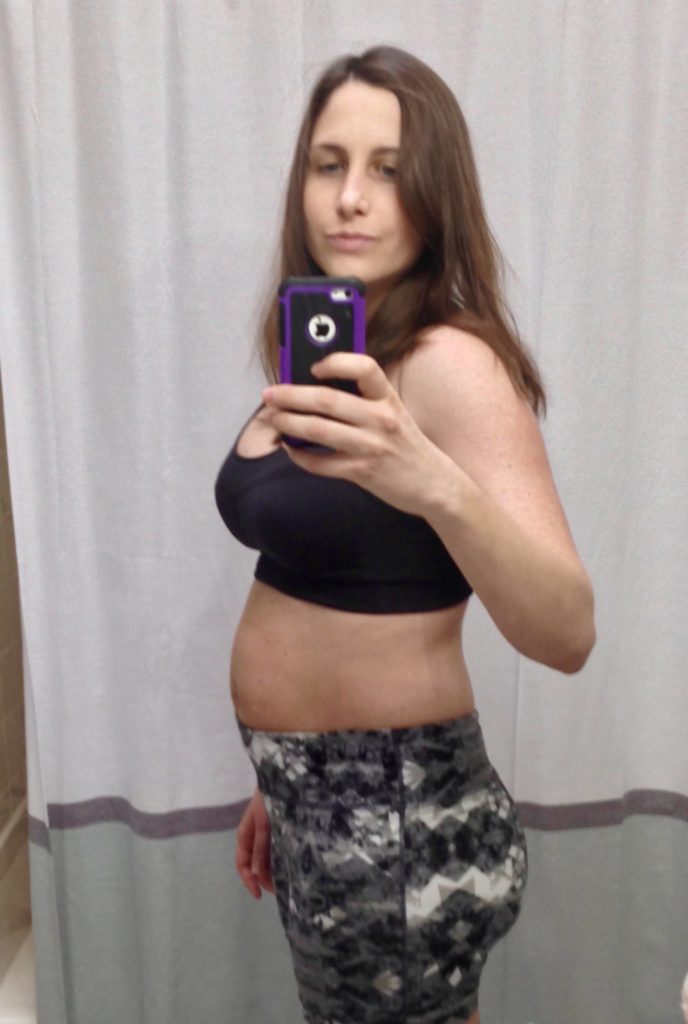
1 week postpartum 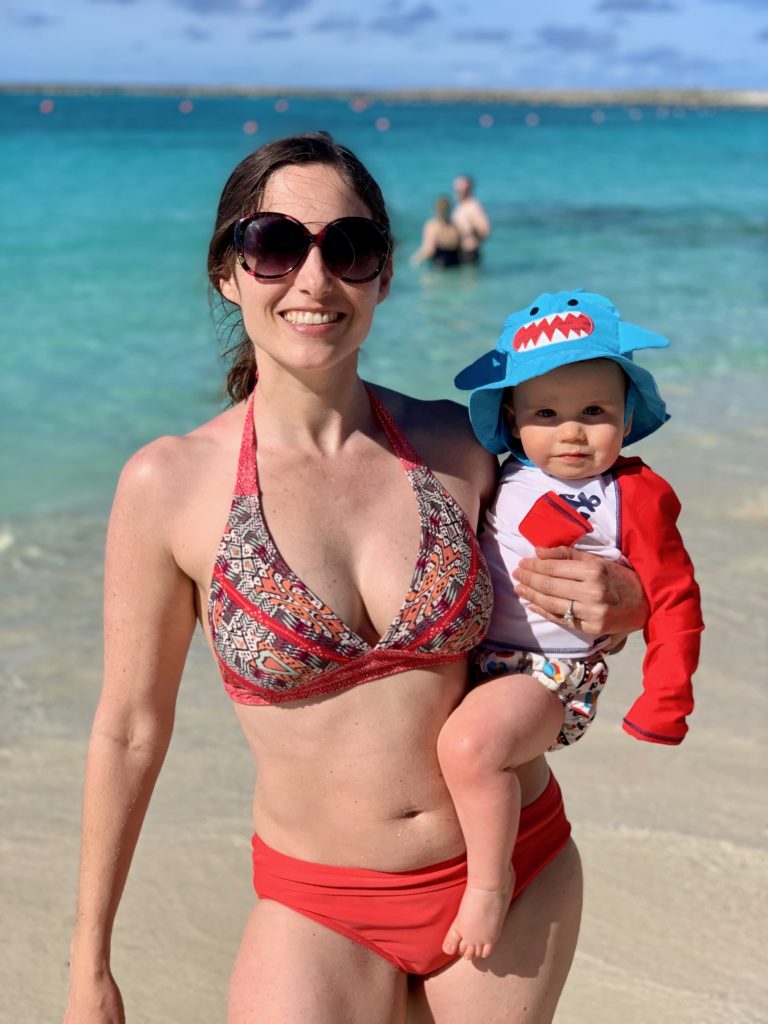
1 year postpartum
What worked well for me
Making good nutrition choices. Colin and I did a good job of sticking to our normal healthy PCOS Plate meals. We relied heavily on batch cooking and freezing healthy meals, and ordering in from a few healthy restaurants.
Practicing self-compassion. I did not put much pressure on myself to lose weight. Instead, I focused on making the same healthy choices I’ve used to manage my PCOS for the past 14 years. When things did not go as planned I was honest with myself but stifled negative self-talk. Instead of putting myself down, I tried to draw my attention to all of the good choices I was making.
What I wish had gone better
I wish I had seen a pelvic floor physical therapist sooner. I had some nagging hip and groin pain after giving birth. I tried modifying my workouts and adding in special exercises to address the pain. After six months of aches an pains I got help from a pelvic floor physical therapist. As it turns out, I had a rigid pelvic floor and that was creating aches and pains in my pelvis back and even contributing to neck pain.
I lost strength. Going into my final weeks of pregnancy I was still very strong. In the months following Mac’s arrival, I missed workouts, sleep and as I mentioned before had a lot of aches and pains. So even though I lost the baby weight, I think I lost some muscle too.
Here’s what I’d like my readers to learn from my story-
Healthy sensible habits practiced consistently will manage PCOS. You don’t need to put a ton of pressure on yourself by attempting a crash diet while caring for a newborn. Instead, focus on making good choices that help you feel your best so you can enjoy this special time in your family’s life. Like motherhood, managing PCOS is a lifelong journey, so there’s no need to rush!
